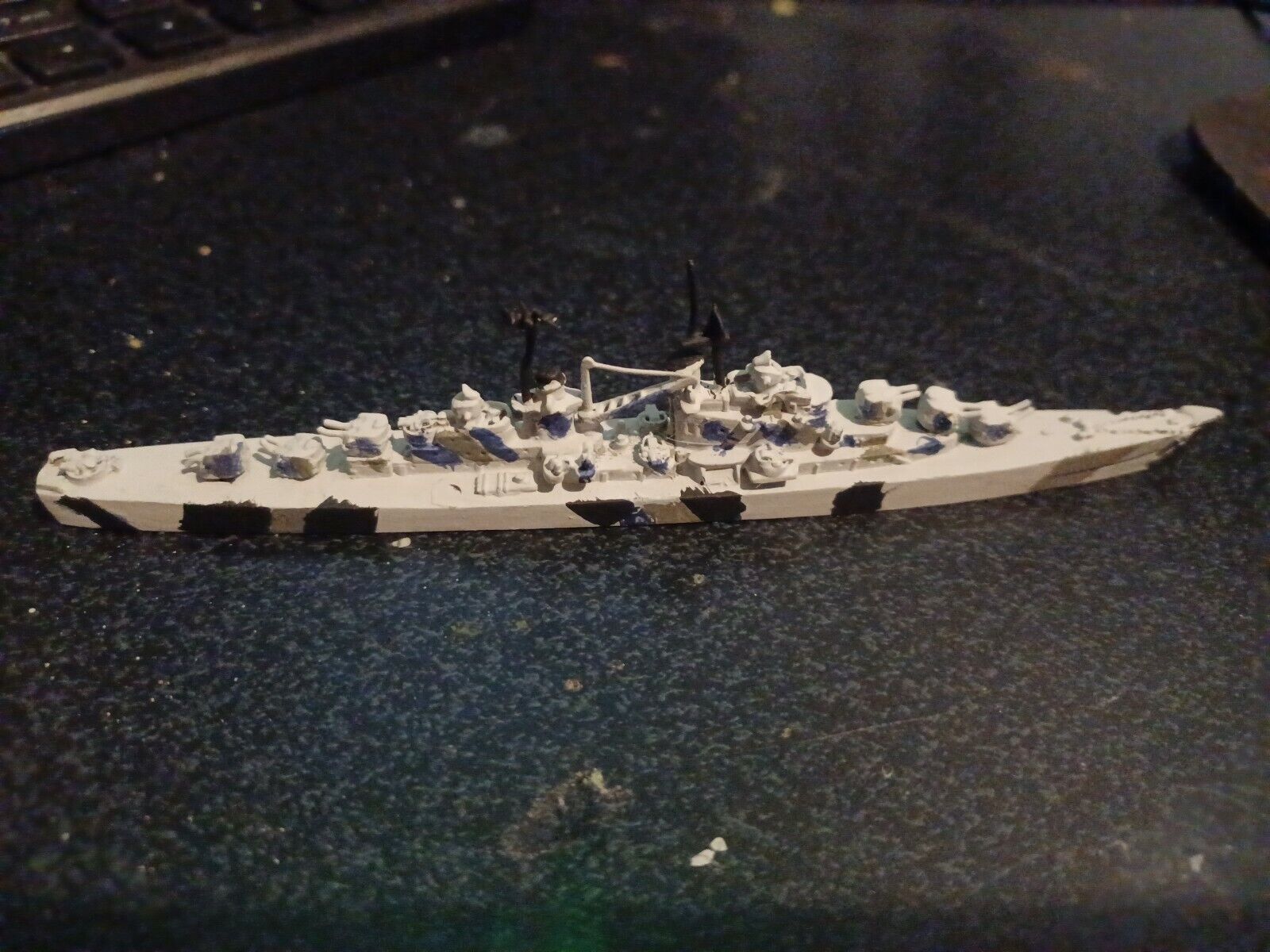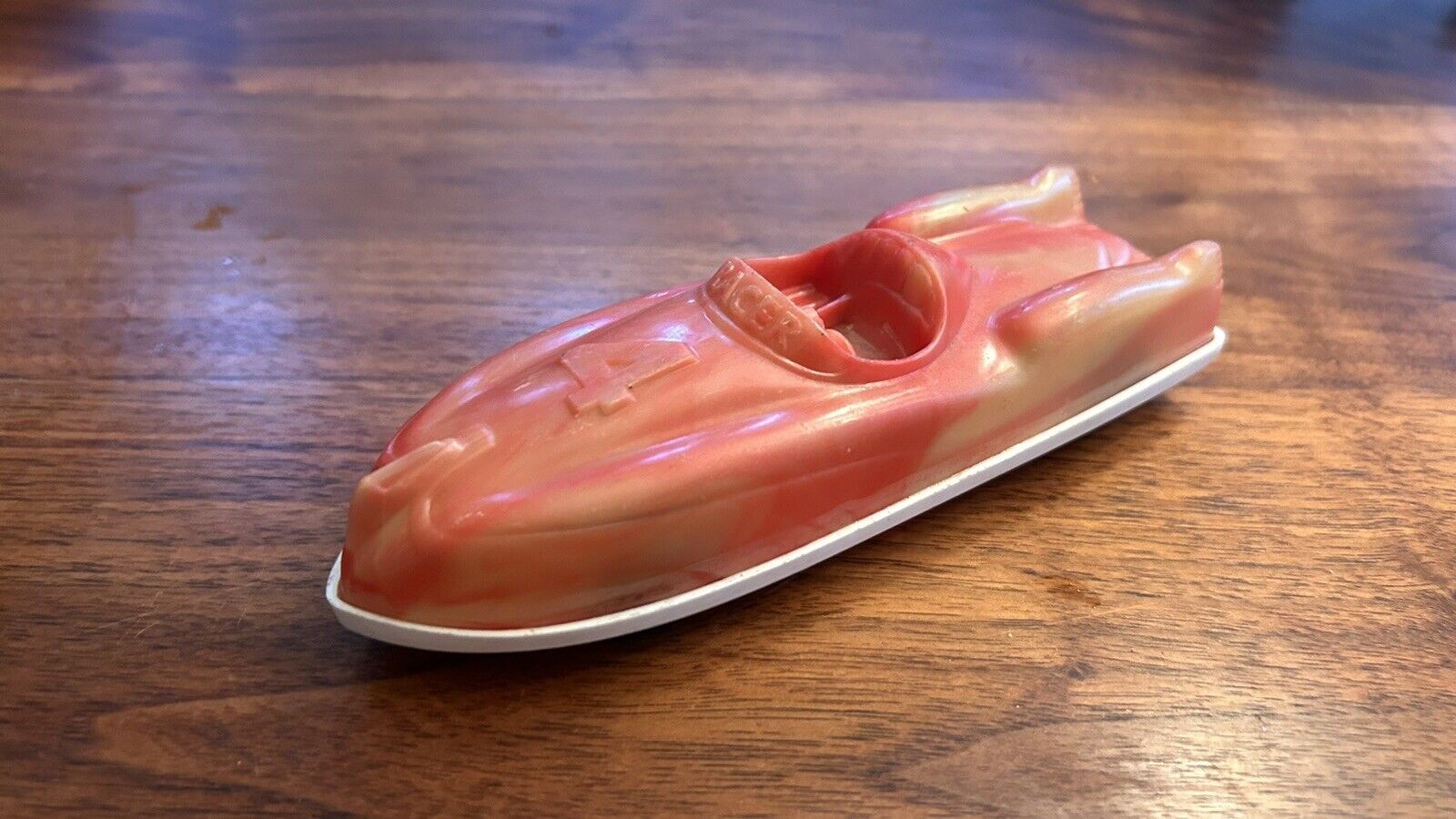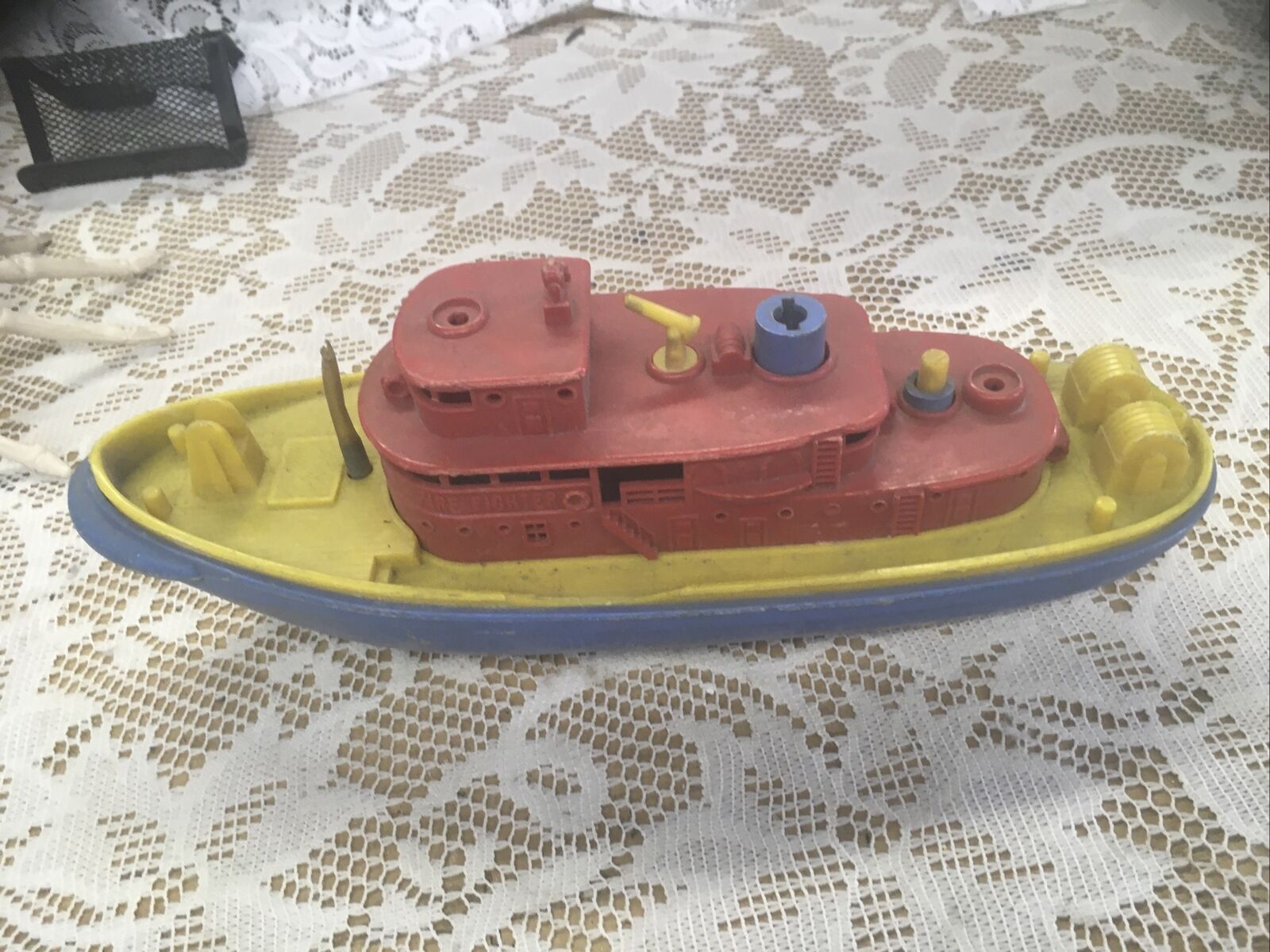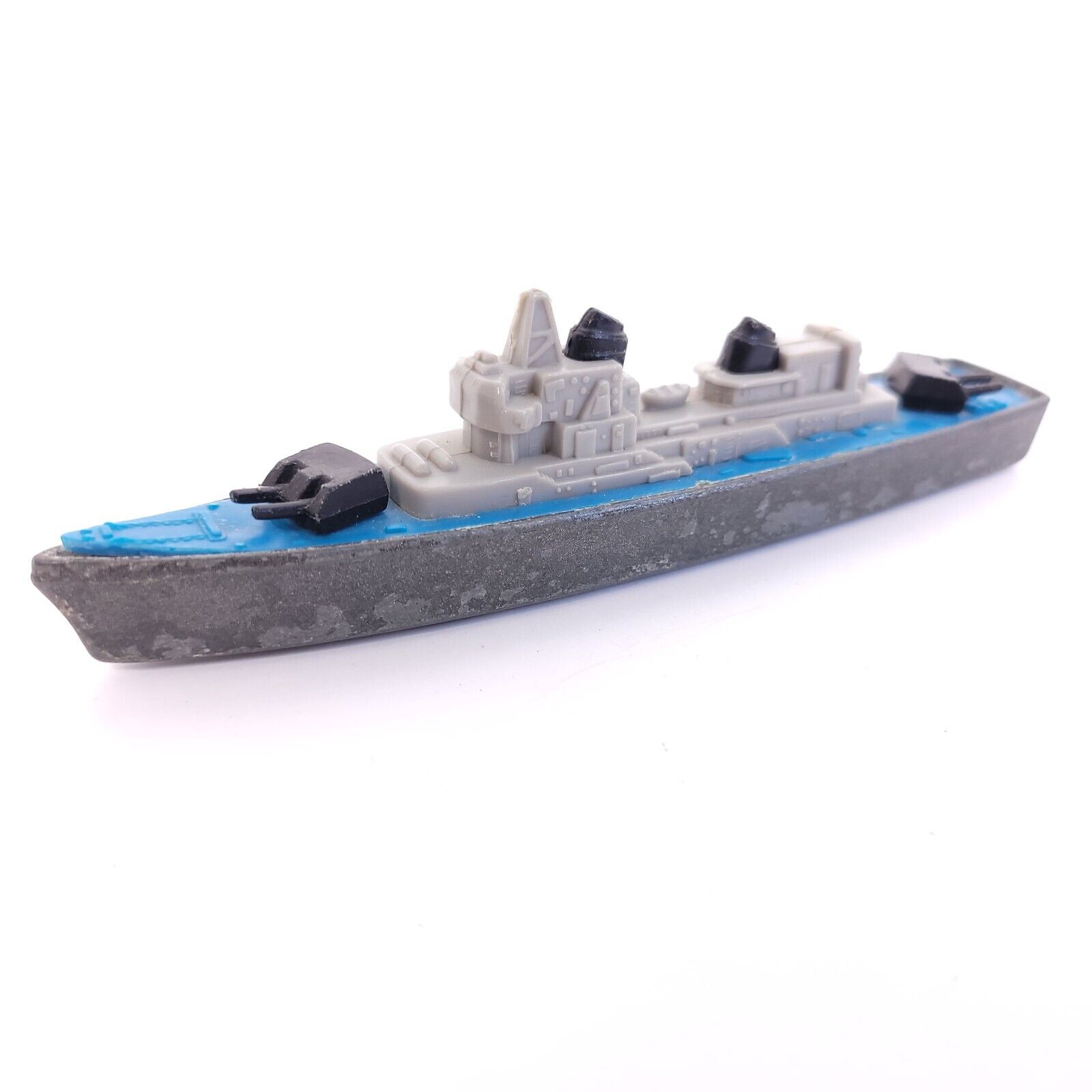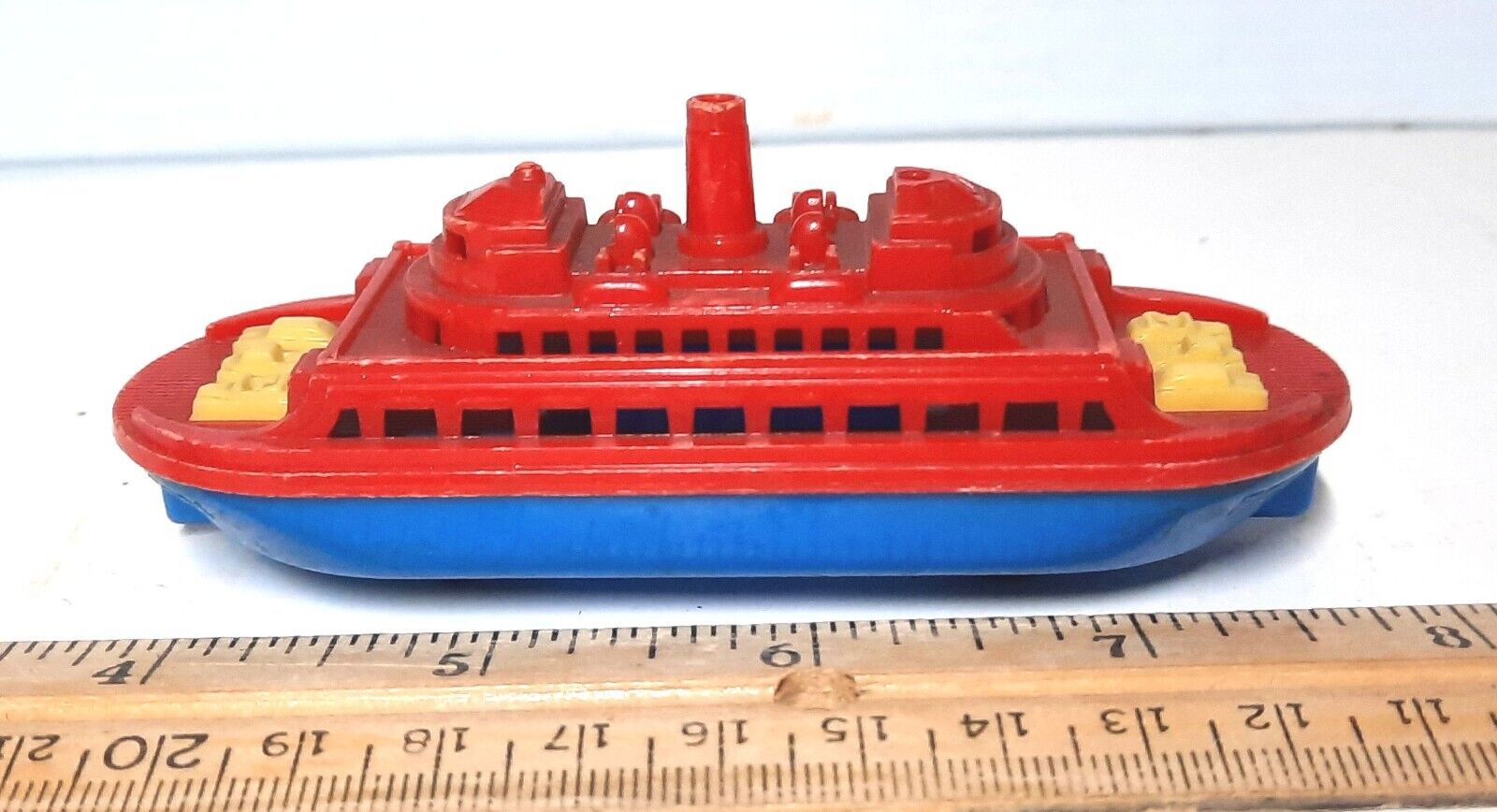-40%
WW2 ATLANTA CLASS Light Cruiser
$ 13.19
- Description
- Size Guide
Description
TheAtlanta-class cruisers
were eight
United States Navy
light cruisers
which were designed as fast scout cruisers or flotilla leaders but which proved to be effective
anti-aircraft
cruisers during
World War II
. They were also known as the
Atlanta-Oakland class
. The Atlanta class had 12 x
5-inch (127 mm)/38 caliber guns
, mounted in three
superfiring
sets of two-gun turrets fore and three more aft. The first four ships of the class also had an additional two twin 5-inch/38 mounts, one port and one starboard, giving these first four Atlanta-class cruisers the heaviest anti-aircraft armament of any cruiser of World War II. The last four ships of the class, starting with
Oakland
, had slightly different armament as they were further optimized for anti-aircraft fire.
The Atlanta class saw heavy action during World War II, collectively earning 54
battle stars
. Two ships of the class were sunk in action:
Atlanta
and
Juneau
, both at the
Naval Battle of Guadalcanal
. The other six were decommissioned shortly after the war and were scrapped in the 1960s.
All eight ships in this class served during World War II, and six ships survived the war. The lead ship of this class,
Atlanta
, was laid down on 22 April 1940 and launched on 6 September 1941. Atlanta was commissioned at the
New York Navy Yard
on 24 December 1941, just a few weeks after the Japanese
attack on Pearl Harbor
of 7 December. Atlanta participated as an anti-aircraft cruiser in the decisive American victory at the
Battle of Midway
in June 1942 before she was sent south to fight in the Solomon Islands. Atlanta was scuttled after receiving a torpedo hit and heavy gunfire damage from Japanese surface warships and
USS San Francisco
on 13 November 1942 during the
Naval Battle of Guadalcanal
.
Juneau
was also heavily damaged in surface combat in the same battle and then sunk by the
Japanese submarine I-26
, on 13 November 1942.
Reno
was torpedoed off Leyte on 4 November 1944 resulting in a large fire and significant flooding, but was saved from sinking by the damage control efforts of the crew.
[4]
After the war, the six surviving ships in this class were decommissioned between 1947 and 1949 and placed in the reserve fleet. The ships received a new type designation of CLAA in 1949. None of these ships were recommissioned to serve in an active role; all were ultimately struck and scrapped by 1970.
[8]
[9]
[10]
[11]
[12]
[13]






